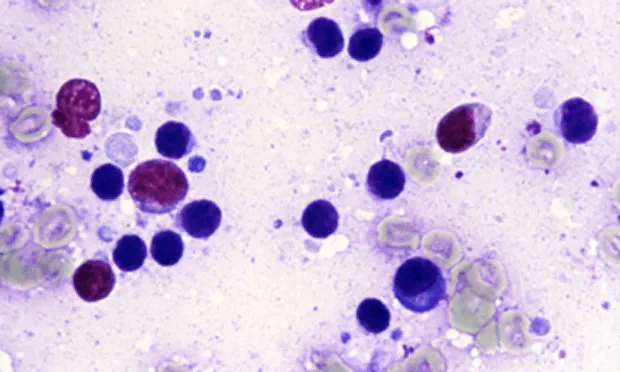Quiz: Blood-Borne Parasites
ArticleLast Updated August 20141 min readWeb-Exclusive

This self-quiz reviews 7 blood parasites and their presentations in small animal patients. For a complete discussion, refer to the linked article in the correct answer of each question.